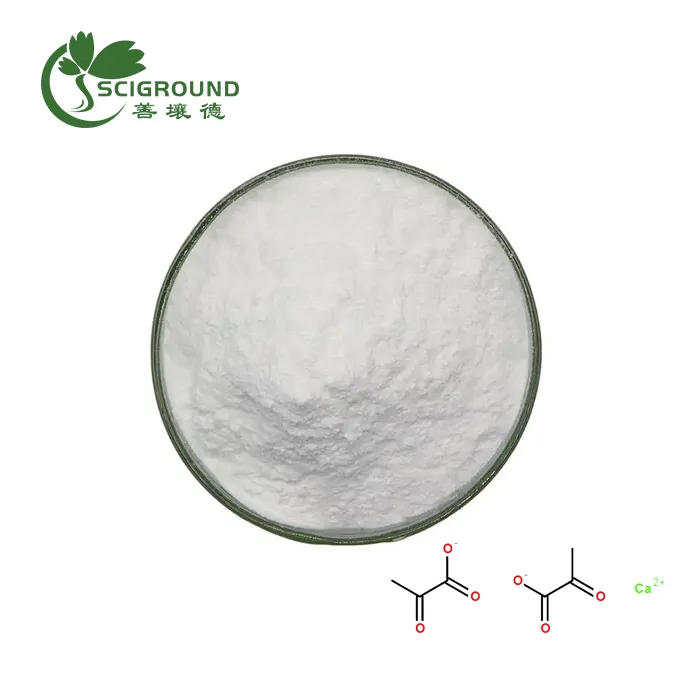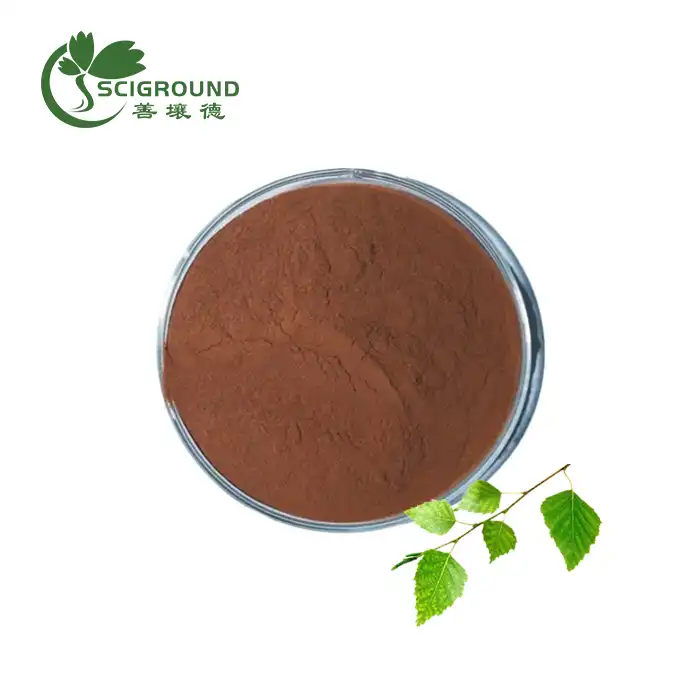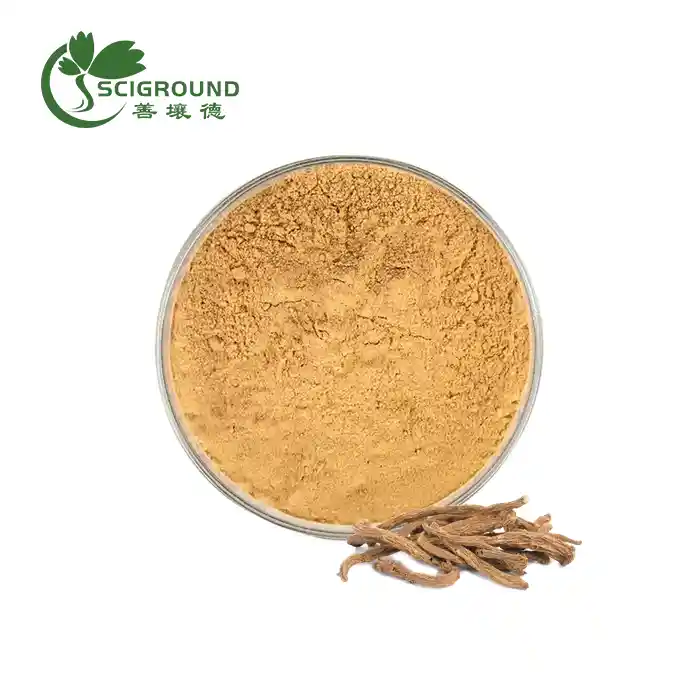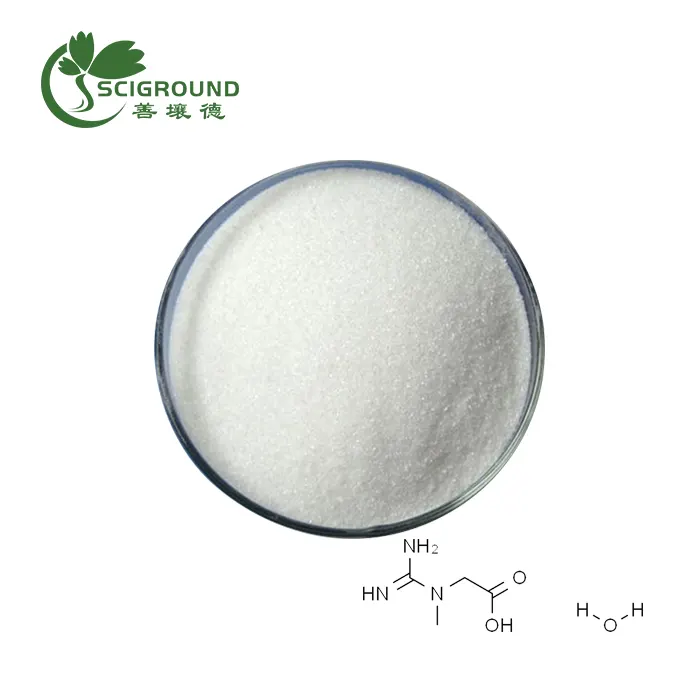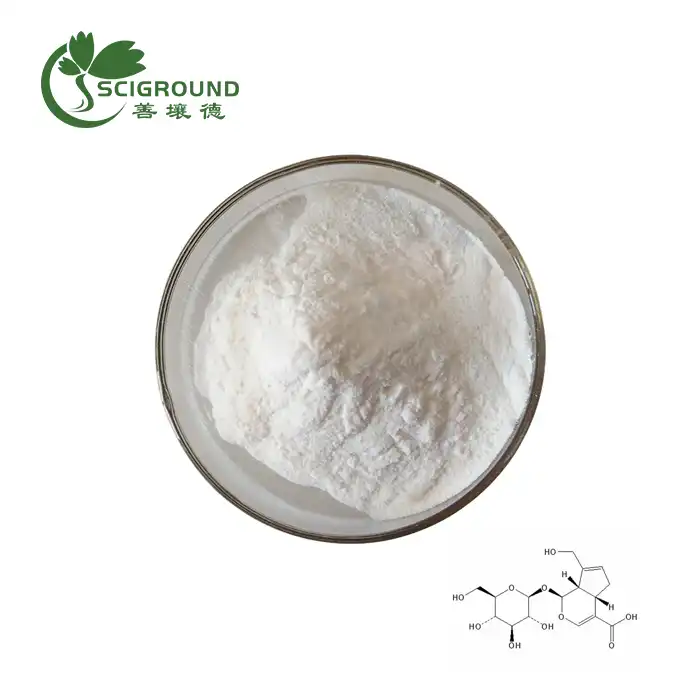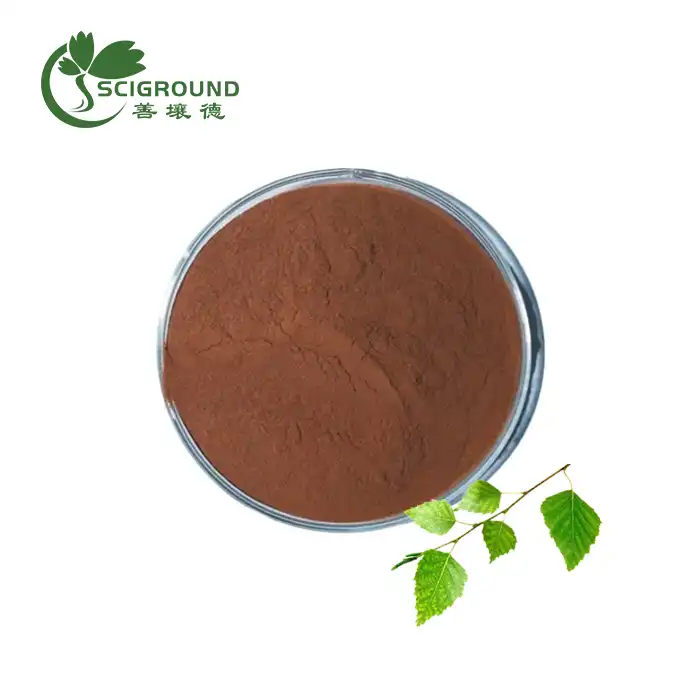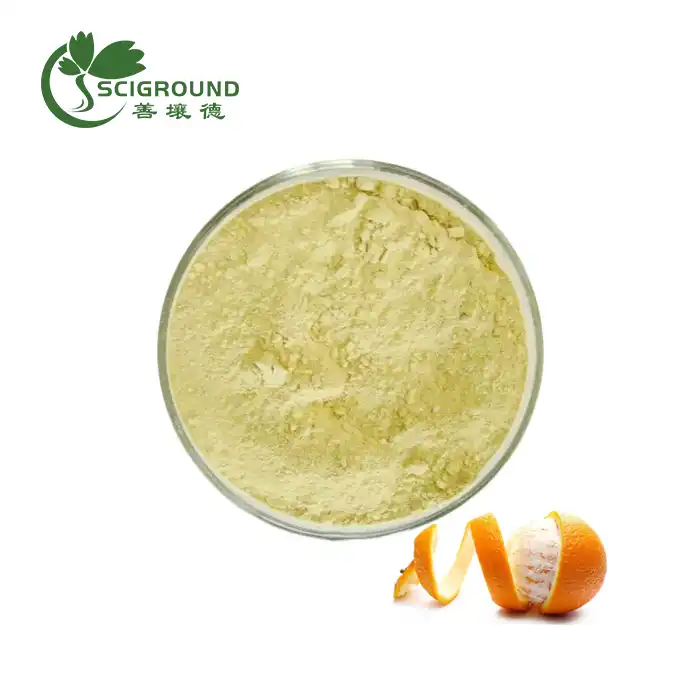Everything You Need to Know About Wheat Protein Flour
Wheat protein flour is a type of protein powder that is derived from the gluten in wheat. It is a popular alternative to soy and dairy-based protein powders and is often used by athletes and fitness enthusiasts as a way to supplement their protein intake. But what exactly is wheat protein flour, and what are its benefits? In this blog post, we will explore the science behind wheat protein flour, as well as its potential side effects and allergies.
What is Wheat Protein Flour?
What protein flour, also known as wheat gluten or vital wheat gluten, is a type of protein powder that is made by extracting the gluten from wheat. Gluten is a protein that is found in grains such as wheat, barley, and rye. It is responsible for giving bread dough its elasticity and chewiness. To make wheat protein flour, the wheat is first ground into flour. The flour is then washed with water to remove the starch and other components. What remains is a sticky, elastic substance that is known as gluten. The gluten is then dried and ground into a fine powder, which is wheat protein flour.
Is Wheat Protein Flour Gluten-Free?
No, wheat protein flour is not gluten-free. In fact, it is one of the most concentrated sources of gluten. Gluten is a common allergen, and people with celiac disease, gluten intolerance, or wheat allergy should avoid consuming wheat protein flour. It is important to note that even small amounts of gluten can cause symptoms in people with celiac disease or gluten intolerance. Therefore, it is crucial that these individuals read food labels carefully and choose products that are labeled gluten-free.
Potential Side Effects and Allergies
While wheat protein flour is generally safe for most people, there are some potential side effects and allergies that should be considered. As mentioned earlier, wheat protein flour contains gluten, which can cause problems for people with celiac disease, gluten intolerance, or wheat allergy. These individuals may experience symptoms such as abdominal pain, bloating, diarrhea, and fatigue. It is also possible for people to develop an allergic reaction to wheat protein flour, which can cause symptoms such as hives, itching, and difficulty breathing. If you suspect that you may have a wheat allergy or gluten intolerance, it is important to talk to your doctor.
In addition to its potential allergenic properties, there are some other potential side effects associated with consuming wheat protein flour. For example, consuming too much gluten can lead to digestive problems such as constipation, diarrhea, and nausea. It can also interfere with the absorption of certain nutrients, such as iron and calcium. Additionally, some people may experience an increase in blood sugar levels when consuming wheat protein flour, which can be problematic for people with diabetes or insulin resistance.
Benefits of Using Wheat Protein Flour
Despite its potential side effects, there are many benefits to using wheat protein flour. Here are a few of the most notable ones:
1. High in Protein: Wheat protein flour is a highly concentrated source of protein, containing up to 75% protein by weight. This makes it an excellent choice for people who are looking to increase their protein intake, particularly those who follow a vegetarian or vegan diet.
2. Helps Build Muscle: As a complete protein source, wheat protein flour contains all nine essential amino acids that are necessary for building and repairing muscle tissue. Baking with wheat protein flour can be an easy and convenient way to increase your protein intake and support muscle growth.
3. Low in Fat and Carbohydrates: Wheat protein flour is low in both fat and carbohydrates, making it an ideal choice for people who are watching their calorie intake or trying to lose weight.
4. Enhances Texture and Flavor: When used in baking, wheat protein flour can help enhance the texture and flavor of baked goods. It can add elasticity and structure to the dough, resulting in a better rise and crumb. It can also create a chewy texture in foods such as bagels and pizza crusts.
Conclusion
In summary, wheat protein flour is a highly concentrated source of gluten that is often used as a supplement for protein intake. While it is high in protein and can help build muscle, it is not suitable for people with celiac disease, gluten intolerance, or wheat allergy. Additionally, consuming too much gluten can lead to digestive problems and interfere with the absorption of certain nutrients. Nonetheless, for those who can consume it safely, wheat protein flour can be an easy and convenient way to increase protein intake and enhance the texture and flavor of baked goods.
To purchase wheat protein flour, please contact Sciground at info@scigroundbio.com. Our experienced team will be happy to assist you in finding the best mushroom extract product to suit your needs.
Related Industry Knowledge
- Why are ginkgo leaves special?
- What Does Astragalus Extract Do?
- What is hydrolyzed wheat protein?
- How Many Calories in a Persimmon?
- What does melatonin powder do?
- What are the sources of Dihydromyricetin?
- L serine foods
- The Power of Rhamnus Frangula Powder: Enhancing Digestion and Wellness Naturally
- Is Vitamin B9 Powder the Key to Optimal Health?
- Is pea or whey protein better?
